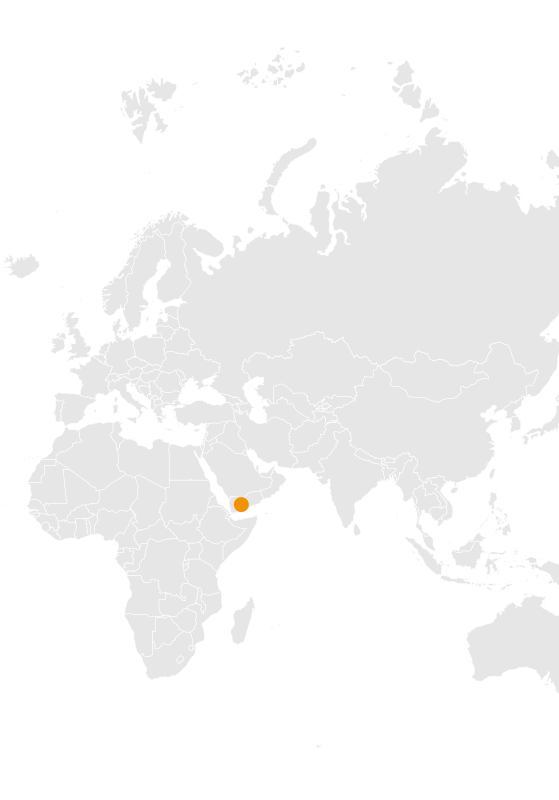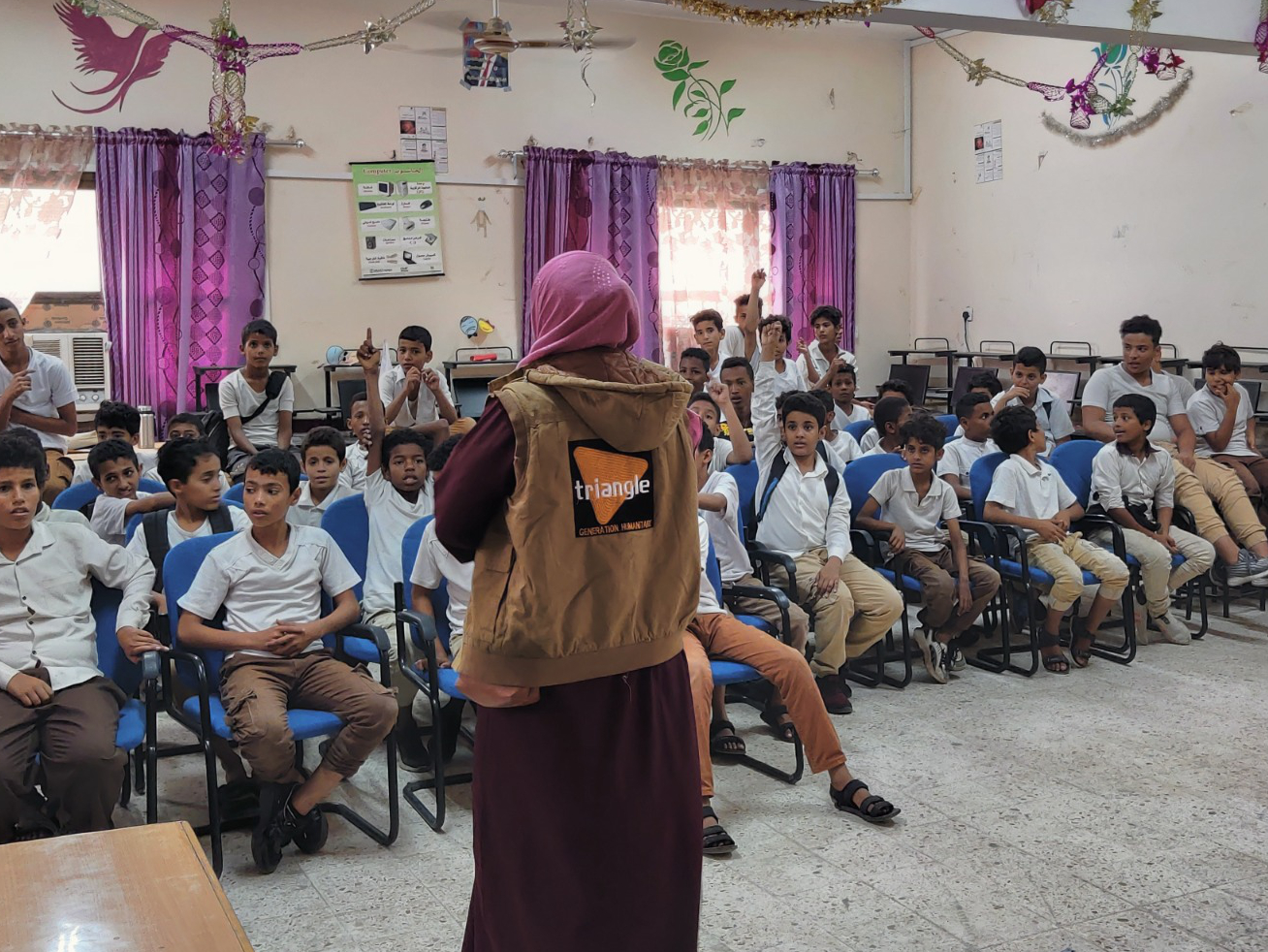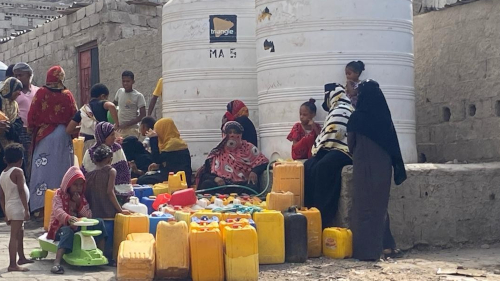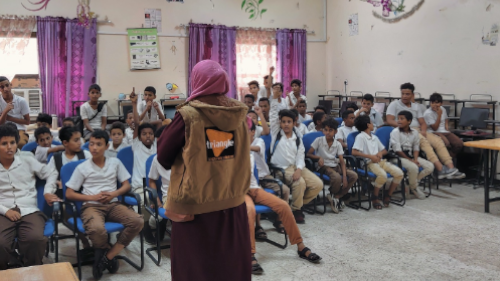In 2011, the popular uprising undermined a political balance that was already precarious due to the conflict between the Houthi rebels and the government in Sanaa. In 2015, the Saudi-Emirati intervention spread the conflict across the country, allowing the rebels to control the northwest and reducing the power of Hadi’s legitimate government in the south, where the secessionist movement has regained influence, and in the east, where Islamist movements are rampant. Since then, Yemen has been plunged into an unprecedented humanitarian crisis.
While the regional belligerents appear to be gradually withdrawing from the conflict, the resumption of violence between rebels and government forces (since the end of a ceasefire on 2 October) is having a significant impact on the Yemeni population. More than 80% live below the poverty line, nearly 20 million are considered food insecure, and only half of the health infrastructure is functioning. Across the country, the effects of the war are now being felt in an economy that has been bled dry and degraded by years of conflict and poor governance.







1 rue de Montribloud 69009 Lyon